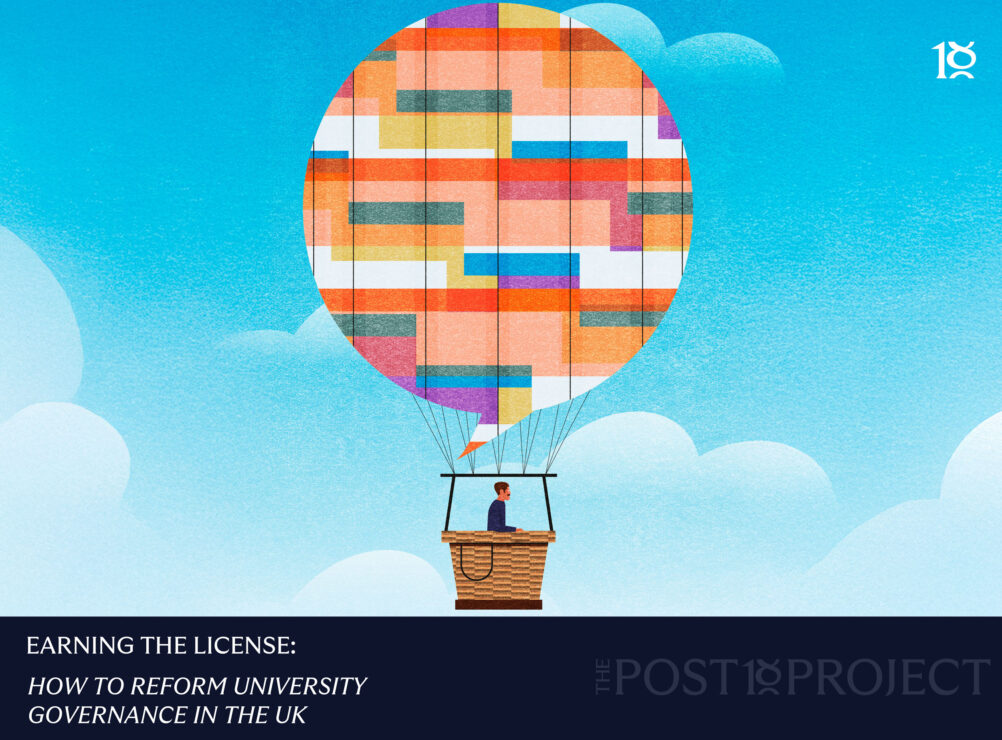In his 2014 review of research councils, Sir Paul Nurse asserted that “research should be at the heart of government”
So it’s pleasing to receive his endorsement of the findings of a short report, published by the Universities Policy Engagement Network (UPEN), that makes some practical suggestions towards that ambition.
One of the recommendations of the Nurse review was that there should be “a more systematic expression of Government’s own research needs” to give researchers an insight into the questions Government was wrestling with.
The UK government responded to this call by encouraging departments to produce statement of their Areas of Research Interest (ARI) – publicly available documents that give details about the main research questions facing government.
Connecting people
UPEN was created in 2018 to bring together the growing cadre of people in Universities working on knowledge exchange with policymakers. The fundamental aim of UPEN is to improve policymaking through evidence.
It does this by sharing learning among its members, providing a single point of entry for policymakers to ask questions of a wider range of academics and institutions, and by improving the way knowledge is exchanged. ARI have become an obvious focus for us under this last heading.
The report looks at what can be learnt from initial efforts to foster collaboration via ARI, and there are good examples of successful joint working. Many UPEN universities have hosted ARI workshops to connect academics and officials, sparking new collaborations.
Certainly from our own experience at Durham University, discussing the synergies between the University’s research strengths and ARI with a number of government departments has led to new networks, opportunities for staff and student secondments and invitations for academics to speak at Whitehall research seminars.
We’d like to facilitate more of these types of opportunities through UPEN, particularly with a view to helping shape future ARI.
The end of the beginning
ARI should be seen very much as the start of a conversation, not an end in themselves. We have found that nurturing effective collaboration needs an investment of time and resource, including from academics, university knowledge brokers and officials with ARI coordination roles in government departments. ARI can and should be more than a call for evidence, but how these interactions are conceived and managed requires careful thought.
Close working is also greatly aided by relevant funding streams, such as Impact Acceleration Accounts, access to which varies significantly across academic institutions. So there are questions to be resolved about how funding might flex to enable new models of co-operation.
Across government, ARI are broad in scope and therefore potentially relevant to a significant pool of researchers. Supporting this engagement could easily become unmanageable. However we believe UPEN, with its broad base of membership across UK HEIs and access to a diverse pool of academics, is well placed to work with government departments to help manage this process, including through accessing interdisciplinary groups of academics to address cross-cutting research interests that span government departments’ areas of responsibility.
While government may have a long standing relationship with research, articulating its evidence interests publicly is still a relatively recent innovation. It is important that ARI facilitate dialogue in ways that do not simply reinforce historic relationships and power dynamics. It will be crucial to develop means of tracking and evaluating the impact of these new mechanisms, another area of complexity that UPEN can help government and our member institutions navigate.
We’d like to understand more about the factors underpinning ARI, working with government to help raise awareness among the academic community about the relationship between research and policy in different departmental contexts. We’d also like to work with government departments to highlight effective academic engagement practice and maximise the opportunities for this that ARI undoubtedly present.
We hope that our report makes a useful contribution to ongoing discussions, is seen as an open offer to government departments to engage with UPEN further and complements other initiatives to support academic engagement with ARI and the broader research endeavour across government.













